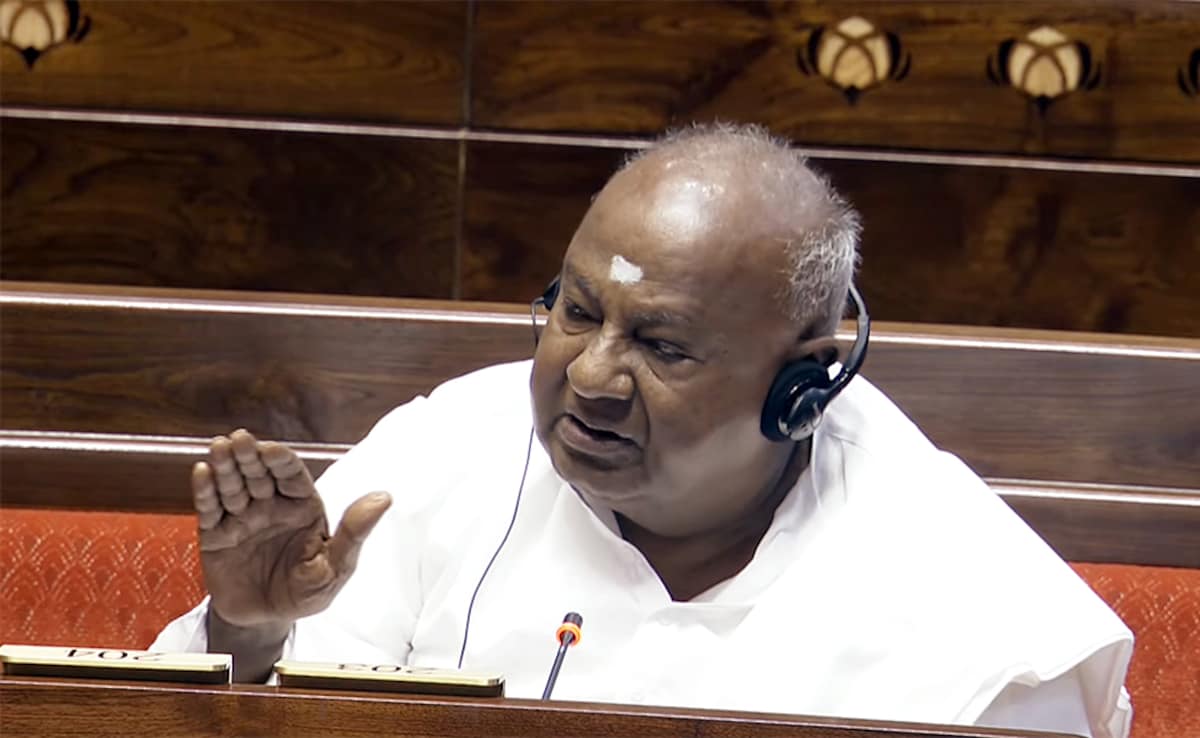The human spaceflight programme will be used as a springboard to send an Indian to the Moon by 2040 and the Chandrayaan missions, the latest of which created history by landing nearer the lunar South Pole, will also play a key role in this, ISRO Chairman S Somanath has told NDTV.
In an exclusive interview on Saturday, Mr Somanath said the Indian Space Research Organisation is also aiming to bring back a lunar sample to Earth from the ‘Shiv Shakti’ point – the name given to Chandrayaan-3’s landing zone by Prime Minister Narendra Modi. This, he said, should happen in the next few years.
China also completed a successful mission earlier this week and brought back the first-ever samples from the far side of the Moon.
On the PM’s call that an Indian should land on the Moon by 2040, the ISRO chief said, “We have to have continuity on many things to land on the Moon, including human spaceflight and trans-lunar human spaceflight. We should also have continued Chandrayaan missions because going to the Moon and coming back has to also be proved in unmanned ways. We have to scale up to a level where maybe our masses can go to the Moon and come back.”
Progressive Moon missions, he stressed, will be important until 2040 to keep India’s capability updated. This would include sample return missions.
“Bringing samples back is one of the early steps because propulsive return is also a challenging thing, with the software, control, guidance and things like that. Once a sample is brought back, you can scale up to the size of a human being; so sample return is a precursor to human spaceflight. When a human is involved, much more safety and security is needed, but sample return is also a complex mission,” he said.
To a question on whether the samples would be brought back from the ‘Shiv Shakti’ point, Mr Somanath said, “I would prefer to bring it from there. It is a very interesting place, so let us try to bring it from there… This has to happen in a few years from now.”
Stating that efforts are underway to build a new rocket which will be large enough to take humans to the Moon, the ISRO chief said it will be called ‘Soorya’. It is being designed with a new engine.
Taking steps towards human spaceflight, ISRO is also working on the Gaganyaan programme, which will take humans to an orbit of 400 km above Earth’s surface for a one-day mission and bring them back to the planet by landing in Indian waters. Several tests have taken place and humans may lift off sometime next year. Four astronauts have also been selected for the mission.














